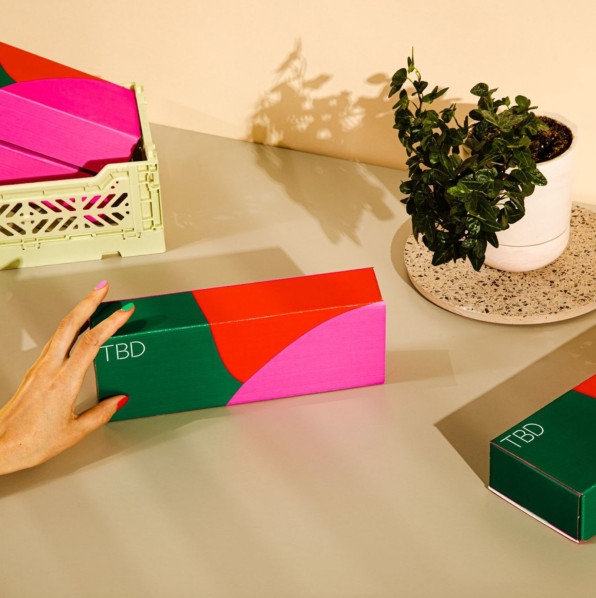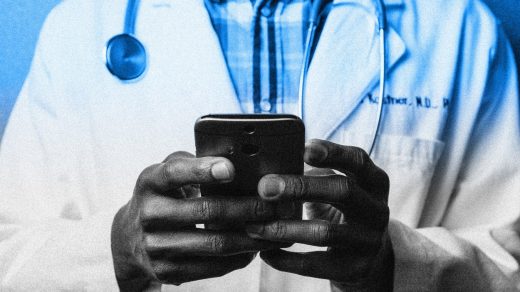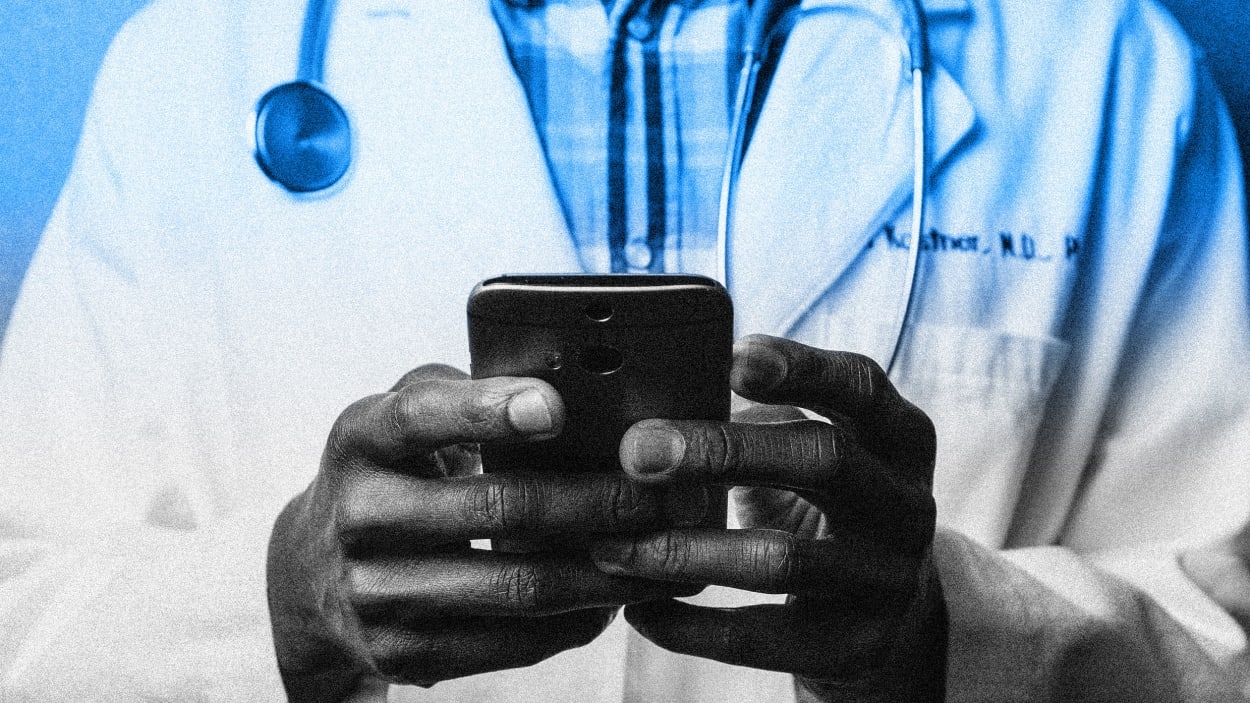Meet the company trying to make at-home HIV prevention easy
As a young woman, Daphne Chen would leave many interactions with healthcare providers about her sexual health that made her feel judged. Throughout her twenties, Chen found non-judgmental support from friends, and wanted to bring a no-nonsense sexual health approach to more people. So, in 2020, Chen and longtime friend Stephanie Estey founded telehealth company TBD Health, focused on offering sex-positive healthcare via at-home STD tests.
Since launch, the pair have built out TBD’s offerings to include a clinic in Las Vegas and at-home STD testing and emergency contraception, as well as sexual health telemedicine consultations in certain states. Earlier this year, TBD raised $4.4 million in seed funding it used to brings its at-home services to 50 states. Now the company is expanding its scope. On June 27, TBD launched a new kit to offer HIV pre-exposure prophylaxis through an at-home HIV test and telehealth visit.
“PrEP had always been top of mind for us,” Chen said. “It’s not widely known about. Meanwhile the patients we talk to who are in need of PrEP have a tough time accessing it because they don’t have a provider in their area who can help them stay on top of the three-month testing that’s required.”

Though there have been big strides in HIV treatments, to the point that well-managed HIV is both undetectable and untransmittable, roughly 13% of the 1.2 million people in the U.S. with it don’t know they have it—which means they could be transmitting HIV unintentionally. For people who might be exposed to HIV, PrEP reduces the chance of transmission. Yet, the CDC estimates less than a quarter of people who would benefit from PrEP are taking it. Furthermore, there are disparities between the groups that most need PrEP and those who are taking it. For example, women account for 19% of new HIV diagnoses but only 7.4% of people using PrEP.
“Men who have sex with men tend to be the focus of conversations around PrEP,” says Dr. David Wohl, a professor of medicine at UNC Chapel Hill. “As a result many of the groups who can also benefit from PrEP have never heard of it.
Even among those who are prescribed PrEP, adherence rates are abysmal—one study showed over the course of the study 52% of participants stopped usingPrEP (meaning they went 120 days without a refill) at least once. And though PrEP is covered under almost all health insurance plans, staying on a regimen requires visiting the doctor’s office every three months for repeat HIV tests. This can be difficult for people who live far away from clinics, and visits can add up, even if a patient’s prescription is covered under insurance or a manufacturer’s discount.
“There are lots of hidden costs even if PrEP is free,” Wohl says. “Blood testing and clinic visits are not typically free and drug companies aren’t allowed to pay for them.”
TBD Health’s direct-to-consumer PrEP kit is designed to remove the hurdle of going to the doctor to get tested every three months. Patients who are considering PrEP receive a STD screening kit ($299) to make sure they are a good candidate for the medication and fill out a questionnaire about their medical history. Then they meet with a clinician over teleconference to go over the results. If the patient is cleared, the clinician will prescribe PrEP in pill form, which patients can pick up at their preferred pharmacy the same day (the kits do not include the cost of medication).
Patients who wish to extend their prescription through TBD can follow up with a maintenance kit every three months, which costs $150. TBD Health does not accept insurance. “A lot of people who could benefit from PrEP don’t have access because they live in health care desserts,” says Chen.
Dr. Peter Gulick a professor of medicine at Michigan State University, says offering PrEP via telehealth can be tricky, in part because of the need to ensure HIV tests are properly administered, accurate, and conducted at the right time, as it can take three to four weeks after exposure for HIV to be detectable on a test. PrEP is for people who don’t have HIV, and Gulick says he’s concerned that taking PrEP when you have HIV might create the possibility of resistance to drugs that treat HIV. He stresses the importance of ensuring that a qualified clinician explain how to take the test and goes over the results. “If someone was exposed but takes the test too early, they might get a false negative and think they are perfectly safe,” Dr. Gulick says. “However, a clinician might ask you to test again.”
To curtail this, in addition to ensuring a clinician goes over test results, TBD Health uses the dried blood spot HIV test, which requires patients to prick their fingers and send in a sample. These tests are recommended by the World Health Organization in the event that it’s not possible to go to a lab and get blood drawn.
Both Gulick and Wohl see the kits as another tool to help reduce the spread of HIV. Though Wohl says “COVID taught us the importance of home testing,” he notes that TBD Health’s kits are expensive—which adds a barrier for many of the people who most need PrEP, particularly since cost is one of the largest barriers for accessing PrEP.
Even with TBD’s kits joining the resources for people who might want PrEP, there remains a real need for education about PrEP across demographics. “We need primary care doctors to get better at taking a brief sexual health history, and along with gynecologists, talk about PrEP more,” Wohl says.
Chen hopes that TBD Health’s launch will also help generate more of a conversation around PrEP. “We want people who are having unprotected sex regularly to be able to get PreP and seamlessly integrate it into their lives.”
(13)



